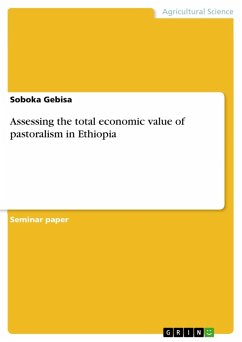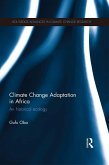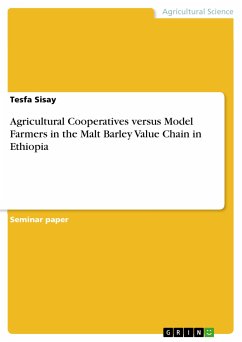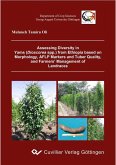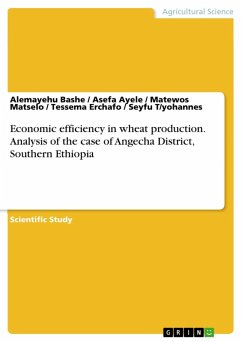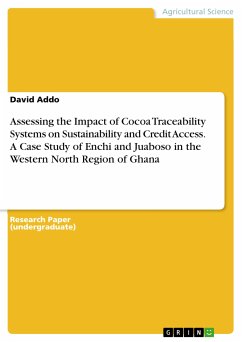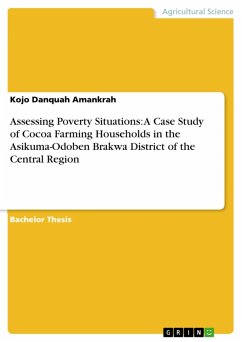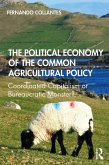Seminar paper from the year 2015 in the subject Agrarian Studies, Dilla University, course: Agricultural Economics, language: English, abstract: Ethiopian Pastoralists make an immense contribution to the national economy despite living in some of the most inhospitable and drought-prone parts of the country. Fundamental misconceptions about the pastoral production system in Ethiopia have led to a general perception among policy makers that pastoral lands are underused and therefore should be developed. Such misperceptions have subjected pastoral communities to political and economic marginalization. These economic misunderstandings have an important impact on the environmental goods and services that pastoralism provides, since they lead to low and misdirected investment, poor service provision and promotion of less sustainable alternatives to pastoralism. This paper will argue that pastoralism contributes significantly to the GDP of Ethiopian economies. This review on the total economic value of pastoralism has two broad objectives: reviewing the economic significance of pastoralism and the direct and indirect economic contribution of pastoralism to the Ethiopian economy. The future of pastoralism is the subject of national and global discussions. The concerns are receiving attention from the scientific community to generate knowledge and share experiences and best practices that may offer solutions for the survival of pastoralism and the millions of people who depend on it.
Dieser Download kann aus rechtlichen Gründen nur mit Rechnungsadresse in A, B, BG, CY, CZ, D, DK, EW, E, FIN, F, GR, HR, H, IRL, I, LT, L, LR, M, NL, PL, P, R, S, SLO, SK ausgeliefert werden.

